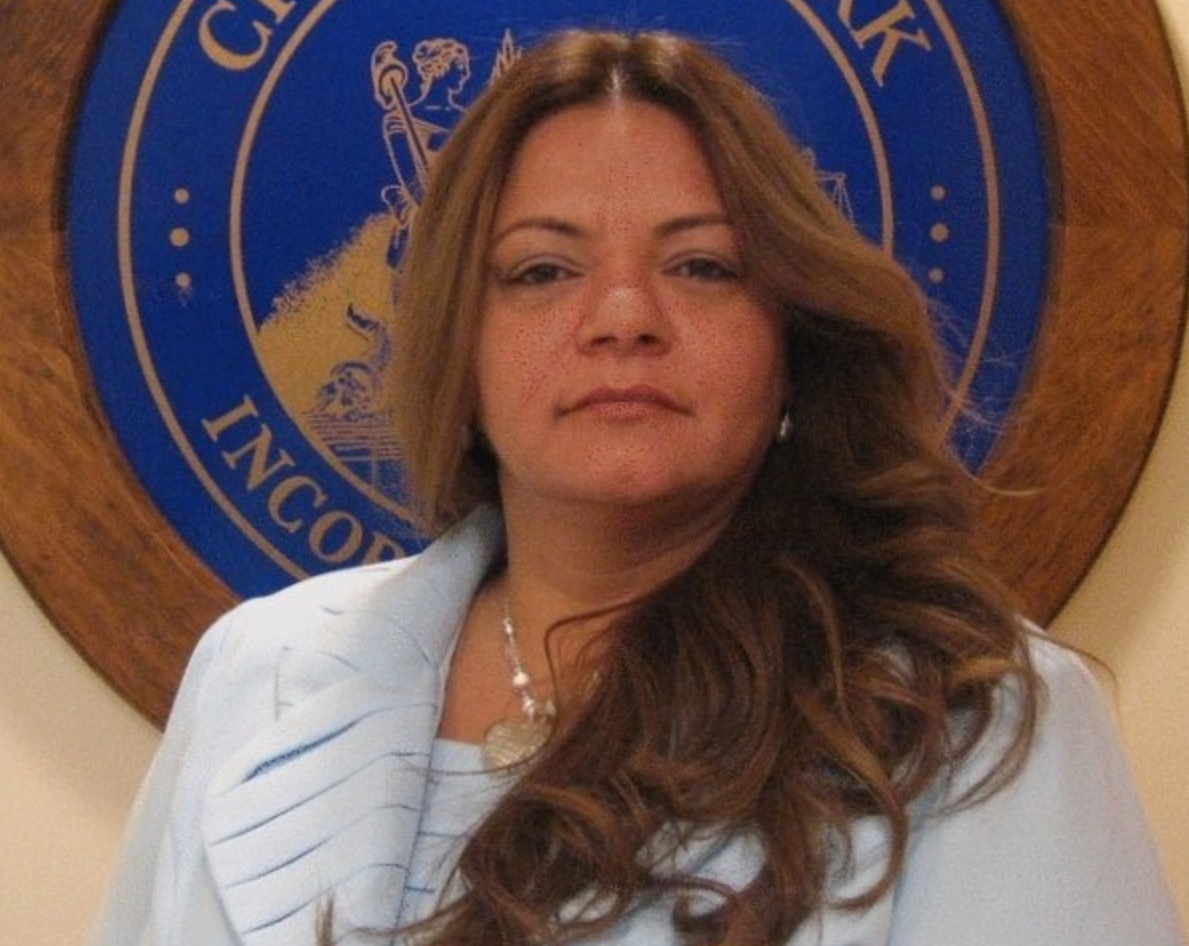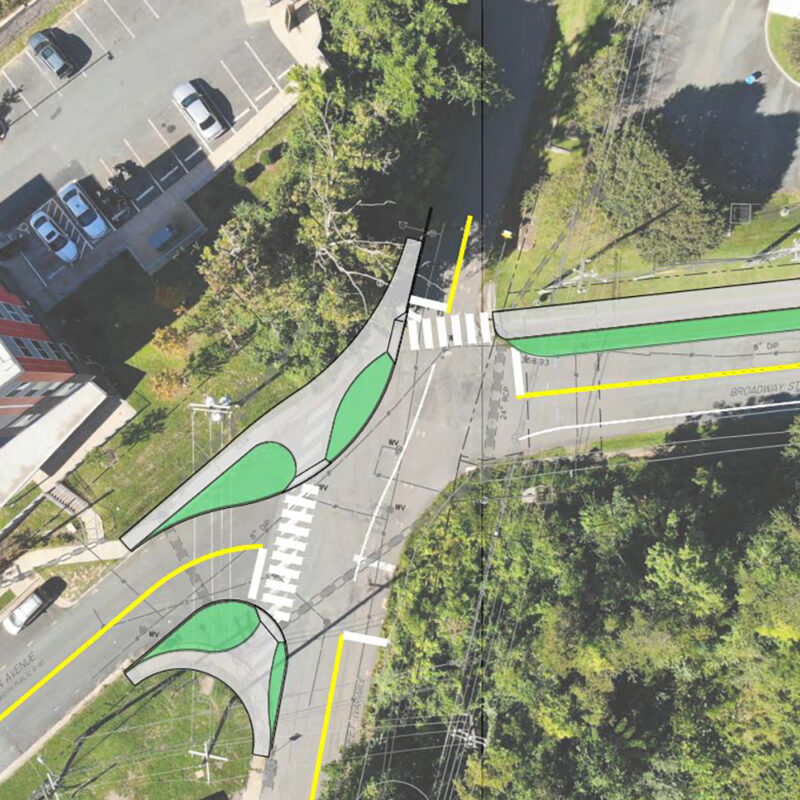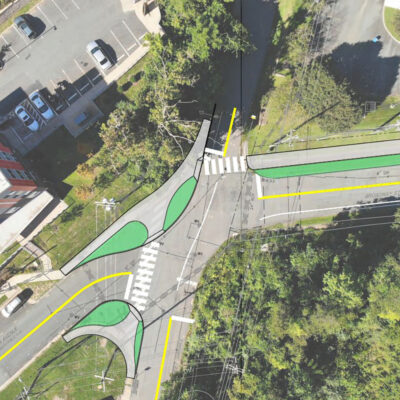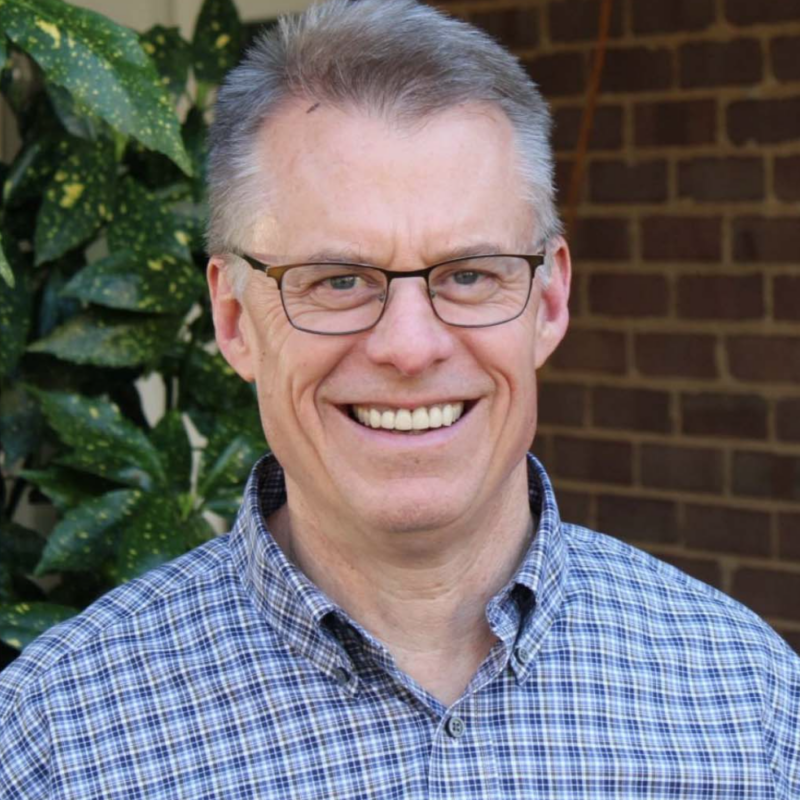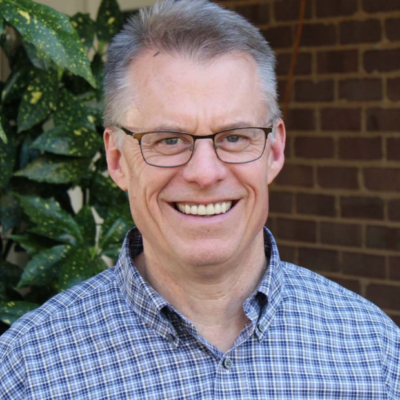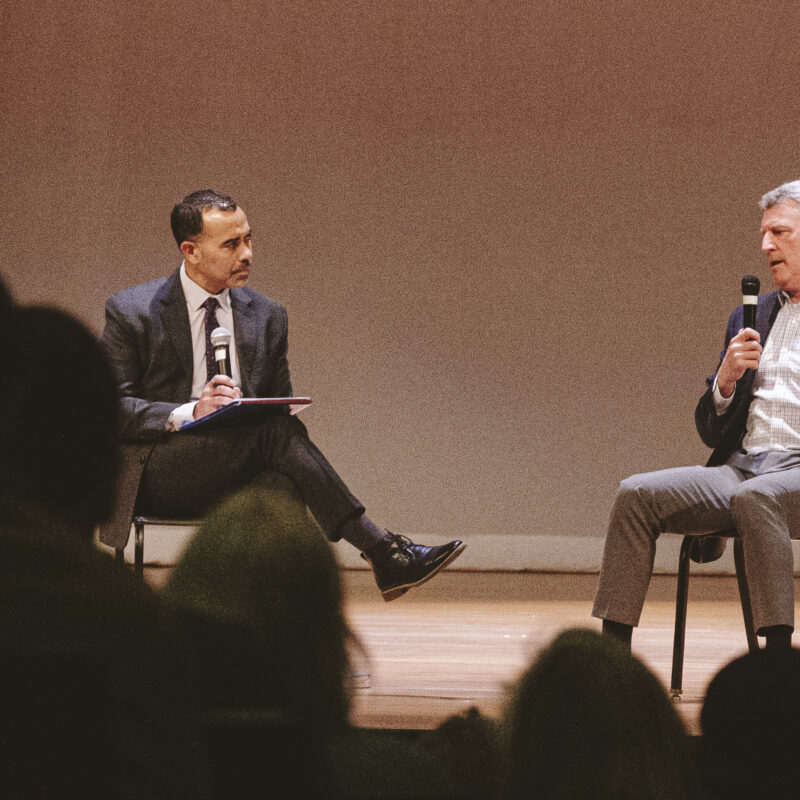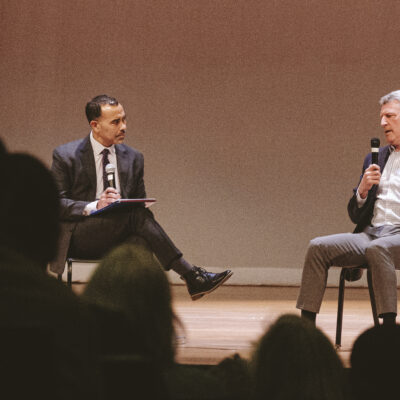As the Executive Director of the Police Civilian Oversight Board, Inez M. Gonzalez is working to improve policing and police-civilian relations in Charlottesville.
Since its conception following the deadly 2017 Unite the Right Rally, the PCOB—formerly known as the Police Civilian Review Board—has been a source of contention. While many believe in the board’s goal of “[providing] objective and independent civilian-led oversight of the Charlottesville Police Department,” the PCOB has been criticized for its failure to enact real change.
Stepping into her new role, Gonzalez has a multitude of ideas for improving the efficacy of the PCOB. Despite her title, she is not a part of the board itself, but rather is employed by the city to serve as a leader and supporter for the group. The job is unique because she cannot direct the actions of the board beyond recommendations, but is beholden to its orders.
One of Gonzalez’s first recommendations came earlier this month, when she suggested the PCOB change elements of its meeting to increase engagement. “I’d like for us to make an effort individually to try to get people to come, to get them to participate,” she says. “I don’t know how it was in the beginning, but right now it seems like participation is dwindling. And that’s what I don’t want.”
Although she is new to Charlottesville, Gonzalez has an extensive background in police internal affairs and a passion for reform that has prepared her for the executive director role. She has 28 years of law enforcement experience, during which she held several jobs, including commander in Newark, New Jersey’s internal affairs office and regulatory enforcement inspector for the Pennsylvania state department. “Police reform is something that’s near and dear to my heart,” Gonzalez says. “I love policing, so I want to do something to make sure that we can make it better, and so that there can be a bridge built between the police and the community.”
“I’d like … to see [the PCOB] make improvements that make sense, that are beneficial to the community,” she says. “But I’d also like to see more of a training and educational component, so that the community understands why the police do what they do, what the policies are, and how everything works. So when something does go wrong, they know exactly how to address it.”
Gonzalez’s active approach to reform and relationship building is a welcome change of pace for the PCOB, which was without an executive director for more than seven months following Hansel Aguilar’s resignation. Aguilar stepped down after only a year, and was criticized for the slow movement of the board and the handling of its first case last fall.
Learning from her predecessor, Gonzalez is making an effort to engage the Charlottesville community in the PCOB. “I’m not strictly going to focus on doing investigations, I actually want to do community outreach to bring the people in to get them to understand the process,” she says.
In addition to community outreach and education, Gonzalez is conducting a thorough review of Charlottesville police policies. “I’d like to make sure that we review all of the policies and procedures that Chief Kochis will eventually update to make sure that they’re in compliance, not only with state law, but that they make sense in terms of what our mission is to the community,” she says.
According to Gonzalez, Kochis has been extremely amenable to her requests, and that has helped with the review process. The evidence of the department’s cooperation is apparent on the conference room table in Gonzalez’s office, which is strewn with CPD internal affairs documents in locked cases and policy printouts. While she has not yet met University of Virginia police chief Tim Longo or Albemarle County police chief Sean Reeves, Gonzalez hopes to continue building strong relationships with local law enforcement leaders.
Reflecting on her first few weeks on the job, Gonzalez is optimistic about the future of policing in Charlottesville. However, she also emphasizes the need for continued community feedback.
“One of the biggest messages I want to send is for people not to be afraid that if they do have a negative interaction with the police, to please let us know and make a complaint,” she says. “But in the same vein … if you had a good interaction with a police officer, by all means also let us know in the portal and give a compliment … it’s not just about when police officers do a bad job, it’s when they do a good job as well.”
